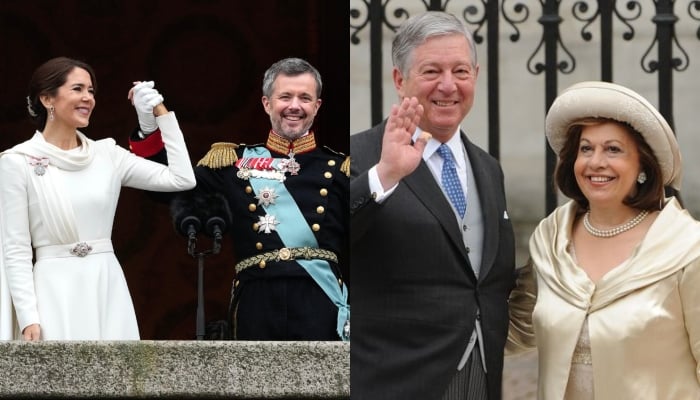
In non-monarchical states, royal figures from formerly reigning families often lead private lives, but some, such as the Albanian or Portuguese royal families, continue to hold public roles, bestow honours, and participate in state events and diplomatic receptions due to legal recognition or traditional influence.
Their function differs from reigning royals in constitutional monarchies like the United Kingdom, where the monarch serves as a symbolic Head of State.
While monarchies have dissolved in many parts of the world, the royal families once at the helm have not disappeared—they have adapted.
From exiled emperors to dethroned princesses, here’s what life looks like for royals in countries that no longer have a monarchy.
Titles without thrones:
Many former royals still carry their titles, even if they no longer rule. In most cases, these titles are honorary or historical.
For instance, Crown Prince Alexander of Serbia retains his royal title despite Serbia becoming a republic in the mid-20th century.
While these titles don’t carry legal authority, they often still open doors socially and symbolically.
Media attention never fades:
Even in countries without monarchies, former royals continue to draw media fascination. Their weddings, scandals, and philanthropic work often make headlines.
While some embrace the limelight, others shun it—like Romania’s Princess Margareta, who focuses quietly on charitable work rather than publicity.
Continued public roles:
Some families, however, remain influential and engage in public duties. For instance, Crown Prince Leka has a recognised role, travels on state visits with the president, receives foreign dignitaries at the royal residence, and bestows royal honours.
Public figures, private lives:
Ex-royals often find themselves balancing public expectations with the desire for normalcy. Without a state-funded royal life, many take up regular jobs or entrepreneurial ventures.
Greece’s Prince Nikolaos, for example, turned to photography and now hosts international exhibitions. Life as a "citizen royal" means redefining identity without state duties.
Diplomatic presence without political power:
Some former royals maintain an unofficial diplomatic role. They are invited to global events, support cultural exchanges, and even advocate for charities.
Their background lends them gravitas, even without official power. This is especially true in countries like Italy, where Prince Emanuele Filiberto of Savoy engages in public life while respecting Italy’s republican constitution.
